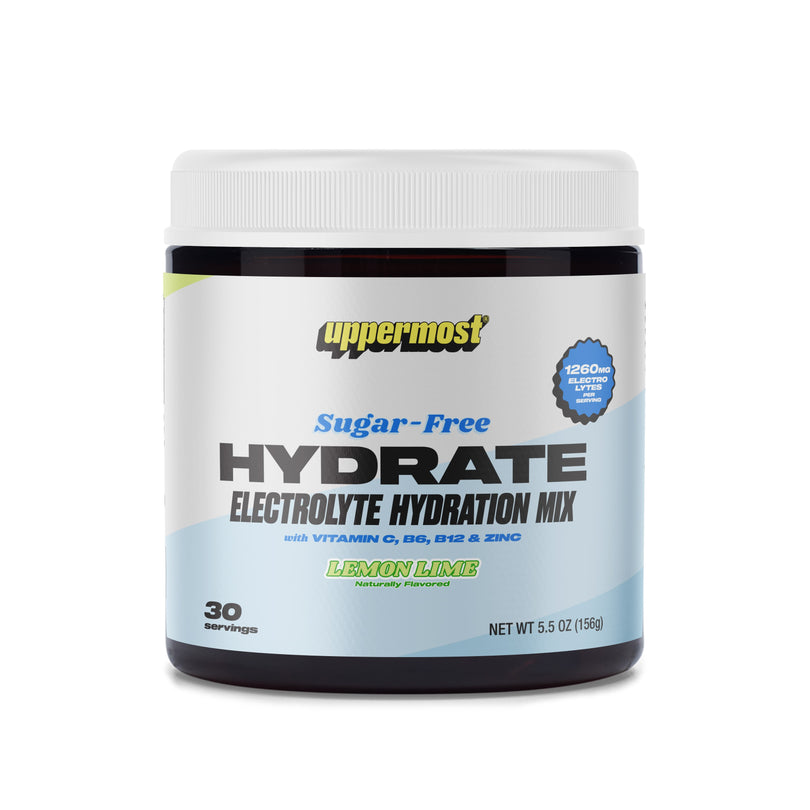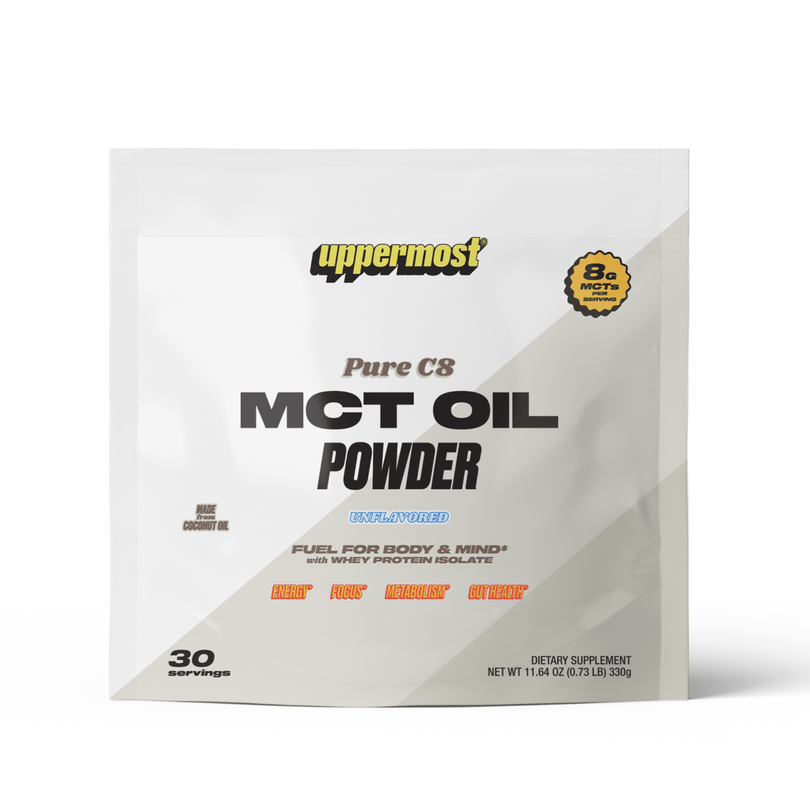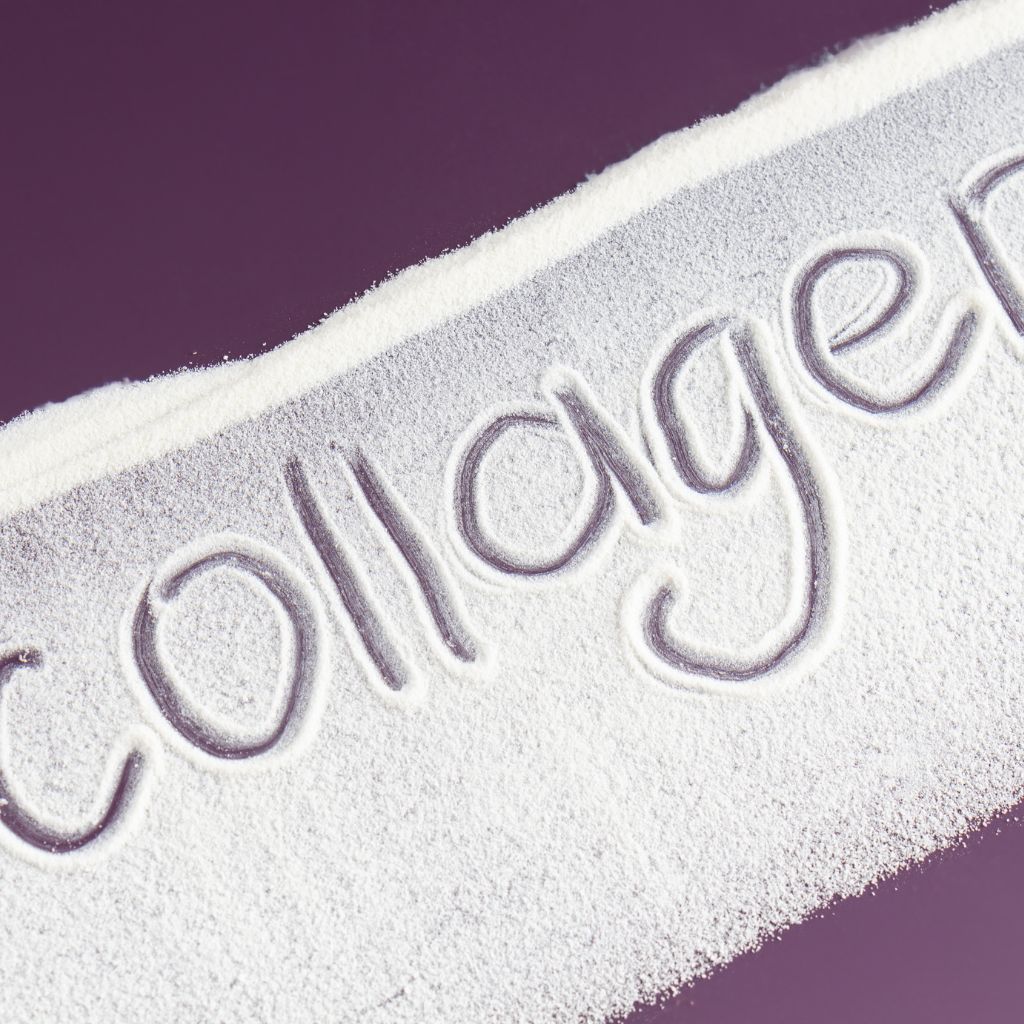Intermittent fasting has become an increasingly popular approach to weight management, metabolic health, and longevity. However, knowing what can be consumed without "breaking" a fast is crucial for those aiming to maximize fasting benefits. Among the most commonly debated supplements in this context is collagen. Since collagen is a protein, it can be confusing to understand if or how it impacts fasting goals. This article delves into the specifics of collagen, its benefits, and whether consuming it will disrupt your fast.
What is Collagen?
Collagen is a protein that makes up a significant portion of our body, supporting our skin, joints, hair, and bones. As the most abundant protein in mammals, collagen acts as the body’s “glue,” holding together tissues and providing structural integrity. Collagen supplements have surged in popularity for their touted benefits, especially in promoting skin elasticity, supporting joint health, and potentially aiding gut health.
Collagen supplements typically come in powdered or capsule form and are made up of specific amino acids, including glycine, proline, and hydroxyproline. Unlike complete proteins found in foods such as meat or eggs, collagen has a unique amino acid profile but lacks the full spectrum needed for complete muscle protein synthesis. This makes collagen unique, as it is less likely to interfere with some fasting goals focused on autophagy (cellular repair) and ketosis (fat-burning state), though the impact is not universally the same for all types of fasts.
What Does It Mean to Break a Fast?
To determine if collagen breaks a fast, it’s essential to understand the principles of fasting. Fasting can be undertaken for various reasons, such as:
- Autophagy: The body’s natural process of cellular repair, which may be hindered by calorie intake.
- Ketosis: A metabolic state where the body uses fat as its primary energy source, generally activated by restricting carbohydrates and proteins.
- Insulin Sensitivity: Fasting can help improve insulin response, but consuming certain foods may stimulate an insulin response.
Different types of fasting, such as water-only fasting, intermittent fasting, or “fasting-mimicking” diets, have varying rules. Therefore, whether collagen breaks a fast depends on the specific goals of your fasting regimen.
Collagen and Fasting Goals
-
Autophagy
Autophagy is the body's mechanism for cleaning out damaged cells and regenerating new, healthier ones. Research suggests that fasting triggers autophagy, but protein intake may suppress it by initiating protein synthesis instead of cellular repair. Because collagen is a source of amino acids, taking it could potentially inhibit autophagy. However, since collagen lacks branched-chain amino acids (BCAAs), which are more likely to spike insulin and stop autophagy, some believe that small amounts may not significantly interfere with this process. Thus, for those focusing on autophagy, collagen intake may be best avoided during fasting hours. -
Ketosis
Ketosis is a metabolic state where the body uses fat as its primary fuel source. To enter and maintain ketosis, the intake of carbohydrates and certain proteins is typically limited. Collagen does contain calories—usually around 35-50 per scoop—but its protein structure is less likely to affect ketosis as it doesn’t stimulate a large insulin response. Many individuals on ketogenic diets consume collagen for its benefits while staying in ketosis, especially if they’re fasting intermittently for shorter periods (e.g., 16 hours). For those who are highly sensitive to insulin, however, even collagen could disrupt ketosis, so personal tolerance levels should be considered. -
Insulin Sensitivity
Fasting is known to improve insulin sensitivity, but consuming protein can stimulate a mild insulin response. Collagen’s insulinogenic effect is minimal compared to other proteins because it lacks the amino acids that typically spike insulin, like leucine. This means collagen has a relatively low glycemic index, and for most people, a small serving won’t significantly impact blood sugar or insulin levels. Therefore, for individuals focused solely on insulin sensitivity, a small amount of collagen might be acceptable.
Collagen and Caloric Intake
A typical serving of collagen powder contains around 10 grams of protein and approximately 35-50 calories. For many fasting purists, any caloric intake could be considered breaking the fast. However, in modified fasts or intermittent fasting protocols (like the 16:8 or 5:2 methods), minimal calorie intake is sometimes permitted.
Should You Take Collagen During a Fast?
The decision largely depends on your fasting goals:
- If your primary goal is weight loss or metabolic health, collagen is unlikely to interfere, as it has a minimal effect on insulin and glucose.
- If your goal is autophagy or deep cellular cleansing, it’s generally better to avoid collagen during fasting hours to allow autophagy to work uninterrupted.
- If you are fasting for gut health, some people find that collagen can help soothe and support gut lining integrity, potentially aiding their gut health goals even while fasting.
For those who want to reap the benefits of collagen without risking the fasting state, it’s common to consume collagen either right before starting a fast or immediately after completing it.
Benefits of Collagen During Fasting
If you’re on an intermittent fasting schedule that allows minimal calorie intake, collagen may offer several benefits:
-
Improved Skin Health: Fasting, especially on a low-calorie diet, can sometimes affect skin hydration and elasticity. Collagen provides essential amino acids that help maintain skin resilience.
-
Joint and Bone Support: Collagen may help alleviate joint pain, which can be beneficial for those who are physically active during fasting periods.
-
Reduced Appetite and Cravings: Collagen can create a mild satiety effect, potentially helping those who struggle with hunger during fasting periods.
-
Support for Gut Health: Collagen can support gut lining integrity, which is helpful for individuals who fast as part of a gut-healing protocol.
How to Use Collagen While Fasting
If you decide to take collagen during fasting, consider the following guidelines to minimize any potential disruption to fasting benefits:
- Keep Servings Small: Limit collagen to a small scoop (5-10 grams) to reduce the caloric impact.
- Choose High-Quality, Zero Additive Collagen: Ensure your collagen powder has no added sugars, flavors, or fillers, which can impact insulin and disrupt fasting.
- Take It During Intermittent Fasting (16:8 or 5:2): For those following intermittent fasting schedules, consuming collagen at the start or end of your fast can minimize interference with fasting benefits.
Final Verdict: Does Collagen Break a Fast?
Whether collagen breaks a fast depends on the specific type of fast and personal goals:
- Autophagy-focused fast: Likely, yes. Collagen introduces amino acids that may interrupt cellular repair.
- Ketosis-focused fast: Likely, no. Collagen doesn’t significantly affect blood sugar or insulin, so it shouldn’t impact ketosis in small amounts.
- Intermittent fasting for weight loss: Likely, no. Collagen’s low calorie and minimal insulin impact make it a safe option for most people in this context.
Each individual responds differently to fasting, so if collagen is incorporated, monitor how you feel, assess any fasting goals you may have, and adjust accordingly.
Conclusion
Collagen is a unique protein supplement that provides numerous health benefits, from skin health to joint support. While it may disrupt certain types of fasts, it’s generally well-tolerated in modified fasting approaches and intermittent fasting schedules. If your goal is autophagy, it’s best to avoid collagen during fasting hours, but for ketosis and weight management, small amounts of collagen are unlikely to interfere with fasting goals.
Ultimately, consider your fasting goals and how collagen may support or hinder those objectives. If in doubt, consult a healthcare professional to tailor your fasting and supplementation strategy to your individual needs.






